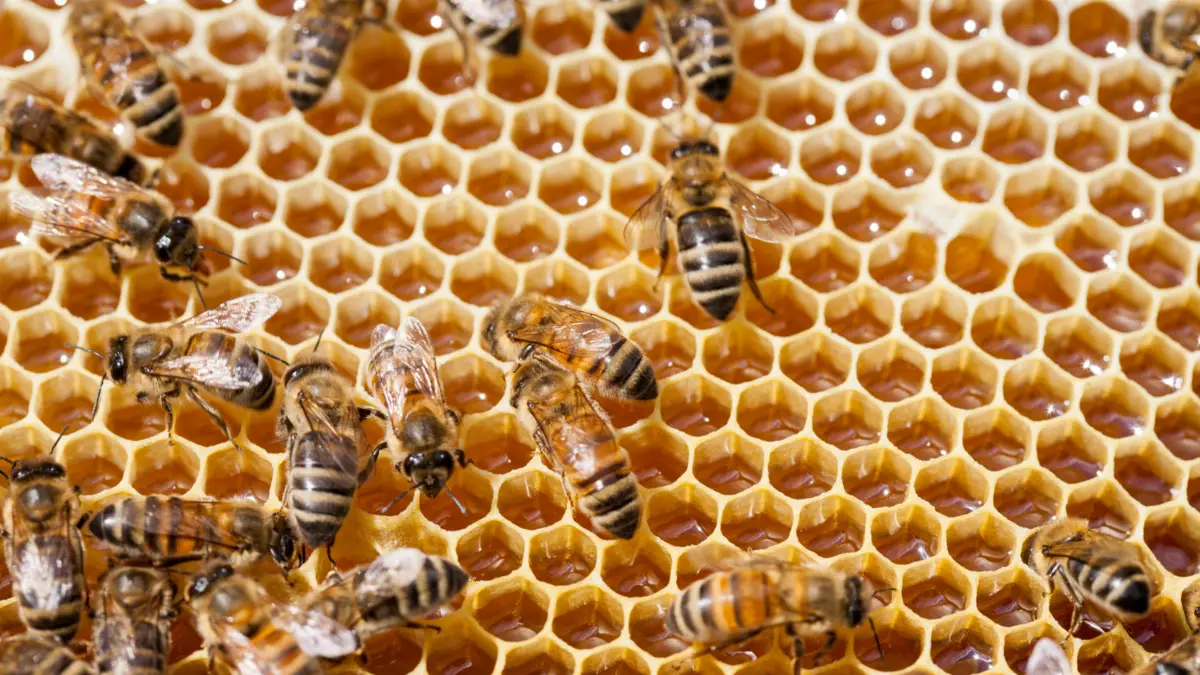
EU Commission prepares new Honey Platform
Until July 15 open the call that collects the best skills on authenticity and traceability of honey

The EU Commission launched the call to establish the Honey Platform to gather the best expertise available on the authenticity and traceability of honey. The invitation to the call started yesterday, June 13, the day of the entry into force of the revised EU rules on honey. Once organised, the new expert group should assist the Commission in harmonising the methods for detecting adulteration in honey and tracing the producer or importer of the product.
The new common rules on honey composition and labelling will help consumers make informed choices, increasing transparency in the food chain and limiting fraudulent practices. From mid-2026, when the directive starts to apply, the countries of origin of honey mixtures will have to appear on the label in descending order with the percentage of each origin.
Member States will have the flexibility to require percentages for the four most important parts only when they represent more than 50% of the mixture.
The revised Directive authorises the Commission to introduce, within 4 years, the rules on harmonised methods of analysis for detecting the adulteration of honey with sugar and within 5 years the methods for tracing the origin of honey and the criteria for ensuring that honey is not overheated and that pollen is not removed when it is sold to the final consumer. To support the Commission in this task with the best expertise available, the new rules provide for the establishment of a honey platform.
The future honey platform, consisting of up to 90 members, should, inter alia, collect data on methods to improve the authenticity checks of honey and provide recommendations for Union traceability, composition criteria and the possibility of establishing a Union reference laboratory. Stakeholders along the honey supply chain, civil society and experts in a personal capacity, including those from academia, are encouraged to apply.
The call is open until 15 July: to be nominated, the organizations that apply must be registered in the Register for transparency. The Platform is expected to hold its first meeting in November 2024, chaired by the Directorate-General for Agriculture of the European Commission. The Platform will meet at least twice a year. In line with the principles of transparency, all relevant documents (including the agenda and minutes) will be published in the register of expert groups. The Honey Platform is established for an initial duration of five years.
In parallel with this work, the Commission and the Joint Research Centre are working to establish validated analytical methods to detect honey adulteration with sugar.
Bee colonies are essential for agriculture and the environment. They ensure plant reproduction through pollination, while beekeeping contributes to the development of rural areas. Beekeeping is practised in all EU countries and is characterised by different production conditions, yields and bee-keeping practices. The EU is the second largest producer of honey in the world.
From 2023 to 2027, 610 million Euro of European and national funds will support the EU’s beekeeping sector. The investments will include fighting hive disease, adapting to climate change, resettleing beehives and increasing their numbers. Promotion activities, counselling services and training will also be supported.
EFA News - European Food Agency